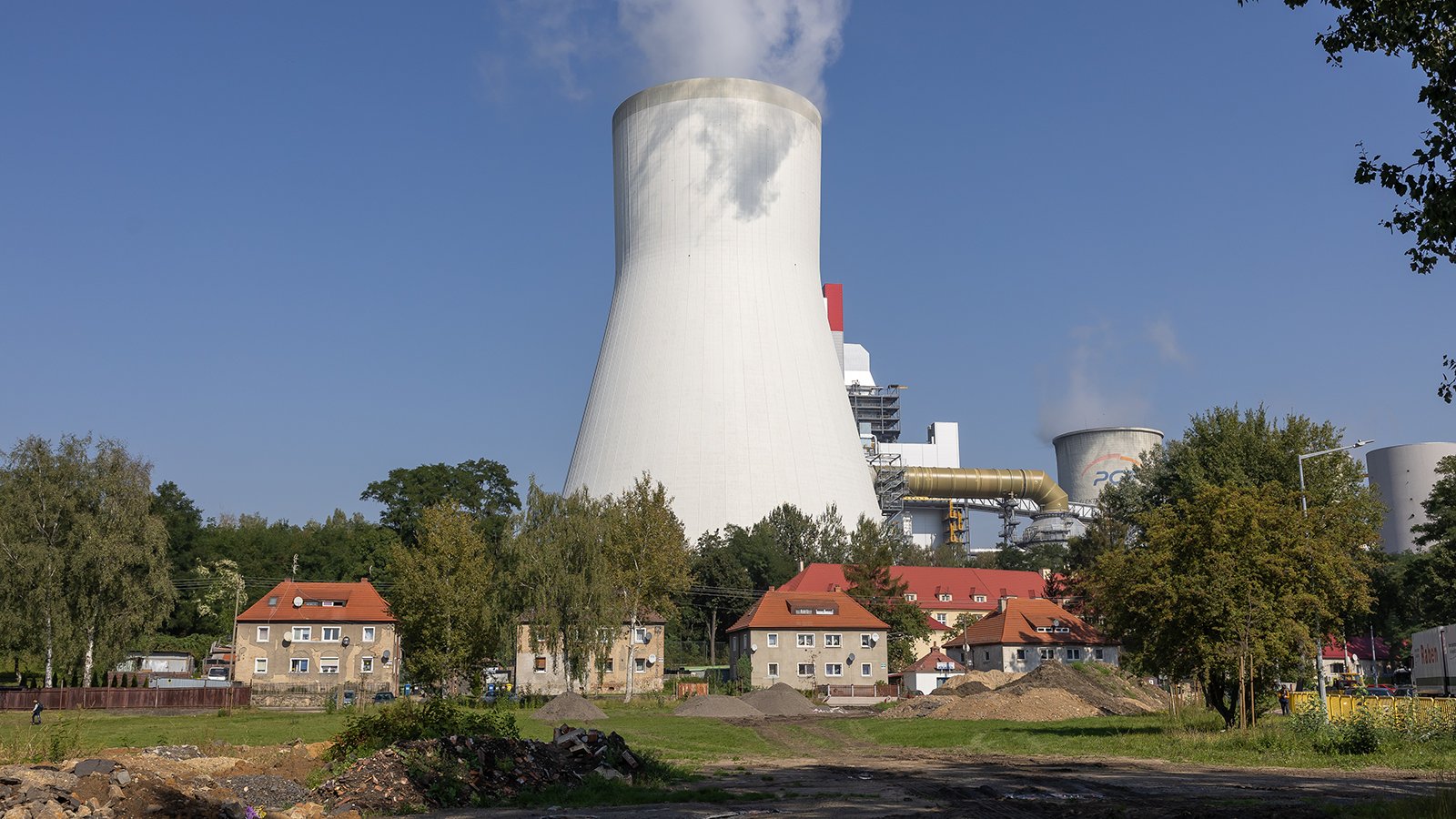Shaping the Future in Trialogue
As coal mining winds down, the German-Polish-Czech border region faces a major transformation. Through a tri-national citizen dialogue, communities are helping shape a shared vision for a more livable and sustainable future—across languages, borders, and perspectives.
What comes after coal? The tri-border region of Germany, Poland, and the Czech Republic is undergoing profound change—and tensions are rising. In this tightly interwoven area, energy needs vary widely: while open-pit mining remains economically vital for the Polish side, environmental concerns dominate the debate in Germany and the Czech Republic. One thing is clear: the region must reinvent itself. And who better to guide that process than the people who live there?
To support a positive transition, the cities of Zittau (DE), Bogatynia (PL), and Hrádek nad Nisou (CZ) surveyed around 800 residents. The goal: to understand how satisfied people are with life in the region—and what needs to change to make it more livable in the future.
Trialogue Instead of Dialogue: Citizen Participation in Three Languages
To uncover what truly matters to residents, the project experimented with a wide range of formats—from tri-national dinners and thematic workshops to a traveling exhibition featuring portraits of local changemakers. One insight quickly emerged: the more concrete the topic, the more engaged the participants. While abstract terms like “vision for the future” were important, they often felt too vague. Discussions gained traction when focused on tangible proposals—such as building a bridge at the tri-border point or renovating the railway line between Zittau and Hrádek nad Nisou, where Polish residents are calling for a new stop.
Despite linguistic and cultural differences, the goal was to ensure equal participation for citizens on all sides of the border. The solution? Transforming the traditional dialogue into a trialogue. For the first time, citizen engagement in the tri-border region was conducted consistently in three languages—and it worked. The multilingual approach proved to be a strength, fostering trust, accessibility, and a shared sense of belonging.
- Recruiting participants was challenging due to the broad scope of the topic. The citizen survey and targeted design of the workshops helped focus the dialogue and contributed significantly to its success.
- Maintaining a regular presence at established events—especially the Tri-Border Festival—and in public spaces through the traveling exhibition helped raise awareness and foster a culture of participation.
Reality Check: A Trialogue Advisory Board to Support Implementation
This process marked a first for the region—and the beginning of long-term change. A total of 152 citizen proposals were compiled into a policy-ready action list. Top priorities included expanding cross-border public transport and offering more language courses. These ideas are now undergoing a reality check and will be integrated into the development strategy for the “Little Triangle.”
To support implementation, a Trialogue Advisory Board is being planned. It will be embedded within the tri-city alliance and could operate as a permanent structure. In addition, the city of Zittau is preparing to establish a municipal participation office to further support the trialogue process.

